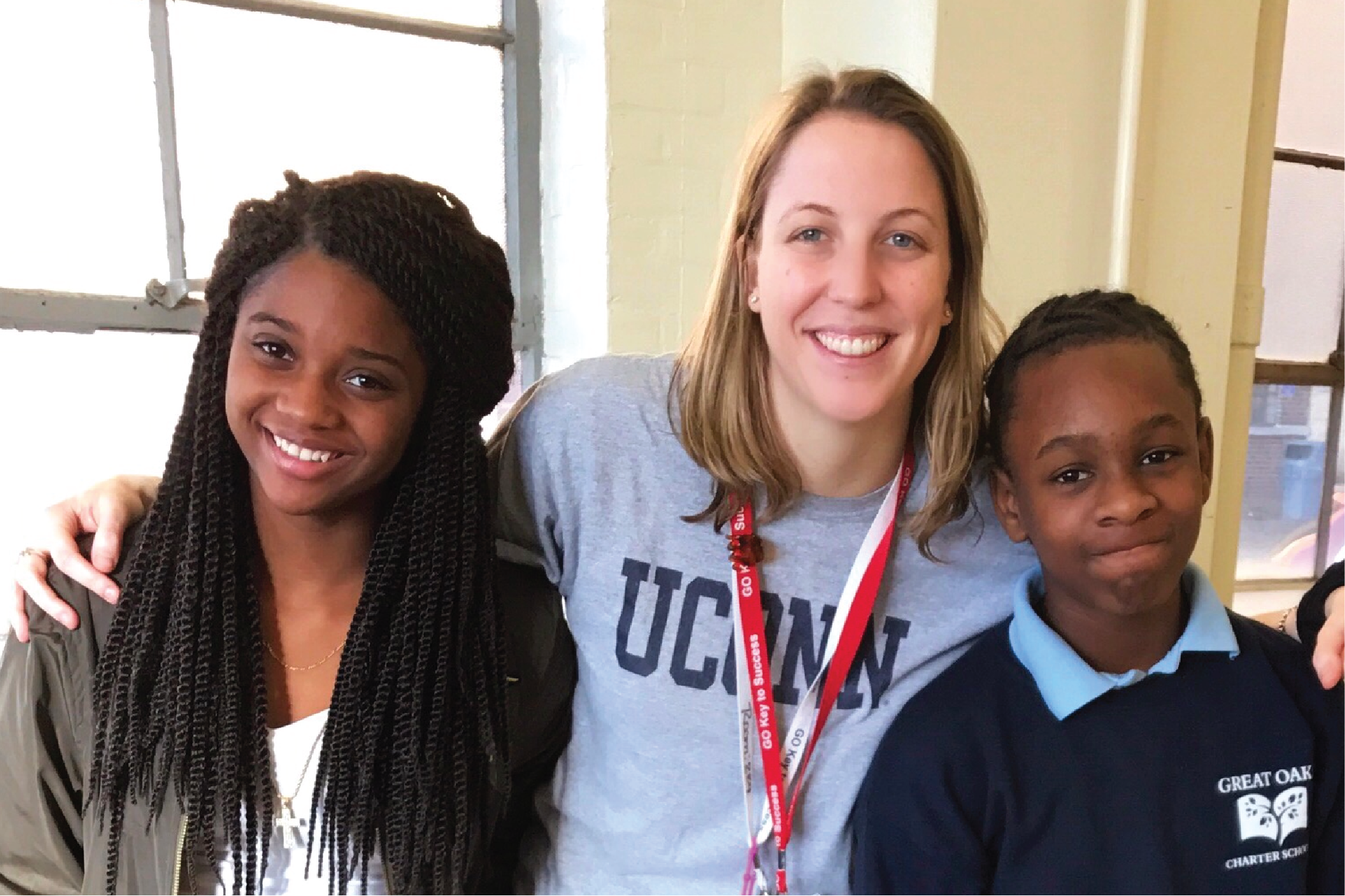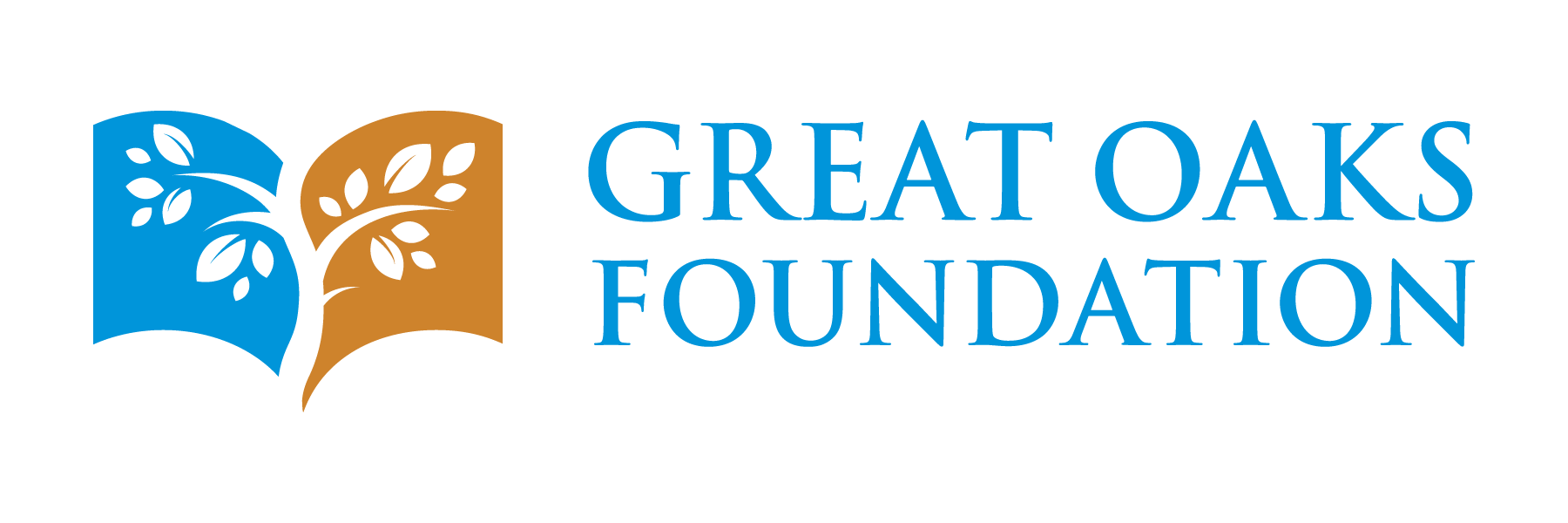
Despite the hours, the lack of sleep, and the many frustrations that come with working with kids, I am excited to go to work every morning.
Why did you feel it was important to commit to a year of service?
I was lucky enough to find several incredible mentors throughout my education who inspired me in all different ways. I found the most important one in my 7th grade English class. Ms. Walker gave me confidence not only in my writing, but also in my personality and ability to stay true to myself. She took time to engage with me about what was happening in my life and what I cared about. She was my teacher, who I respected so much, but she was also a human being who showed me it was necessary to express emotion and be curious. It is because of her that I decided it was important to commit to this year of service in Bridgeport. Ms. Walker was such an important kick-starter of my education that I wanted to similarly influence and mentor someone else. I felt it so important to use what I learned from my opportunities to help others. I want to pay it forward.
What has been the most rewarding thing about your current year of service?
Definitely it is, and has been, building relationships with the scholars and watching their kindness towards others. Coming into this program, I was worried about connecting with them because of both the way I look and my background. It turns out this was a silly concern. The scholars never saw me as an “other,” but rather, as just another person. Building their trust and becoming more comfortable with them over the past few months has been great. It’s the reason that despite the hours, the lack of sleep, and the many frustrations that come with working with kids, I am excited to go to work every morning. The relationships I’ve built with them excite me and give me the energy I need to get through every school day. It’s incredible to experience their genuine kindness. I see them express this every day and am impressed every time.
Give an specific example of progress you have seen in your students.
Before the first day of school, I was told that one of my scholars struggled with self-confidence. When I first met him, he was one big goofball and I didn’t see a lack of self-confidence. But when we started testing for ELA mentoring group placement, the first thing he said to me was, “it won’t be fluent, just so you know.” I gave him some words of encouragement, and the test went great. Before each new level I would give him pump up talks, and he almost placed out. I got to keep him in the mentoring program, and this has led to one of my best relationships with a scholar. His self-doubt about his reading skills were always present for the first couple months. I kept explaining to him that he was a great reader, and that his comprehension was both in depth and creative. He came up with analyses that I hadn’t even thought about. Eventually, we became close enough that I felt comfortable asking him why he felt he was a bad reader. He told me, and we talked about his reading, what I see in him, and how much I believed in him and his abilities. From that day, I haven’t heard him talk badly about himself or his reading. It’s inspiring to watch him grow.

